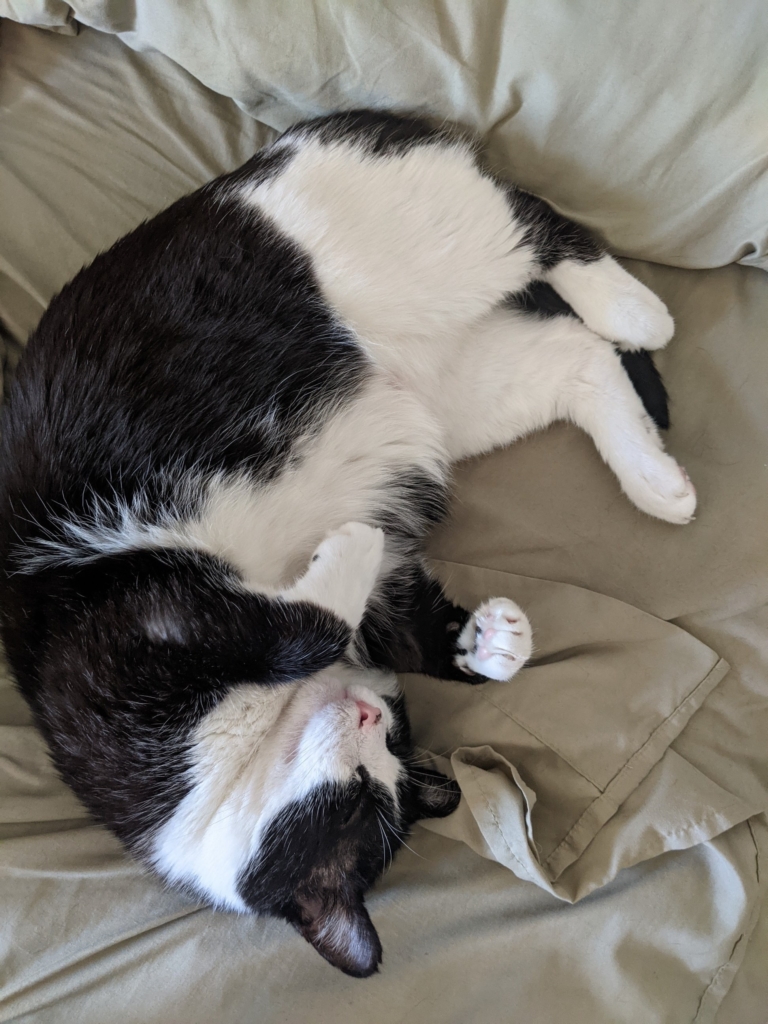Friday Facts and Figures is a weekly newsletter with data points, analysis, and commentary on the biggest policy debates in New Jersey and beyond.
Sign up here.
As a heads up, I’m taking over Friday Facts while Louie is out of office.
127,000
After years of fighting for a Temp Workers’ Bill of Rights, advocates and about 127,000 workers are yet again waiting for basic labor rights for temp workers. Lawmakers unexpectedly pulled the bill on Monday, citing concerns that it wouldn’t have the support necessary to pass. Temp workers helped keep New Jersey’s economy afloat during the height of the COVID-19 crisis, yet they don’t receive basic protections, benefits like paid sick leave, or pay that’s comparable to other workers. With temp workers’ health, safety, and dignity on the line they can’t wait much longer for lawmakers to act. [NJ.com / Matt Arco and Kelly Heyboer]
$500 Million
50 environmental, labor and health advocates are calling on the Murphy administration to protect the Clean Energy Fund. In a letter to Governor Murphy, advocates said that the governor and Legislature have diverted over $500 million intended for the state’s Clean Energy Fund over the last four budget cycles, funds which could have helped expand a wide range of programs to reduce air pollution, develop clean and renewable sources of energy, lower rates and create good, family sustaining jobs. “If there was ever a year to stop raiding the Clean Energy Fund, this was it,” said NJPP Policy Analyst Alex Ambrose. “There is no good reason to continue these raids, especially when the state had record revenue collections and a $6 billion surplus. The future of New Jersey depends on new and exciting investments in clean energy. We need this money, combined with federal funds, to modernize our state and invest in our future.” [ROI-NJ / ROI-NJ Staff]
Youth Services
In a new proposal, the state’s Department of Children and Families is suggesting adopting a new hub-and-spoke youth services model, moving away from the current school-based model which has been in place for 35 years. But advocates have raised concerns about equity and accessibility, pointing out that creating this new network of support services will be a massive undertaking — particularly given the quick turnaround time planned and the recent decline in mental health services and support staff for Black students in schools. New Jersey should bolster youth services without removing existing supports, to create an environment where all students have what they need for success. [NJ Monitor / Nikita Biryukov]
Pensions
Anyone with a credit card knows that paying down debt as soon as possible saves you money in the long run. Thanks to recent revenue windfalls, New Jersey was able to do just that by increasing its annual pension contributions to cover the benefits of current state employees and repaying debts from decades of mismanagement. This progress received high praise in a new report from The Pew Charitable Trusts, but came with a warning: Large-scale contributions will be necessary for nearly three more decades and, without a long-term plan in place, New Jersey risks undermining its budget and spending priorities for years to come. [NJ Spotlight News / John Reitmeyer]
100 Feet
With election day only a few weeks away, lawmakers have approved a measure allowing police at some polling locations — and it could be enacted in time for midterms. Under current law, officers are prohibited from coming within 100 feet of a polling place or dropbox unless there is a threat or emergency. While the new rule was proposed to help protect students and seniors, police presence can intimidate voters — especially Black and Brown voters who are regularly disenfranchised and have higher rates of negative interactions with police. At a critical time in our democracy, it’s more important than ever to remove barriers for those who wish to exercise their right to vote. [NJ Spotlight News / Colleen O’Dea]
ICYMI
October 22 is National Day Against Police Brutality. To mark the date, NJPP Policy Analyst and State Policy Fellow Marleina Ubel tweeted a thread with valuable insight and research on community-based alternatives to policing as well as information about how you can join the fight to help end police violence. [Twitter / Marleina Ubel]
Pets of NJPP
Meet Hank, the furry roommate of Clark Goldenrod from the Minnesota Budget Project and NJPP’s sister organization. Hank is a former street kitty who now enjoys chicken, tuna juice, and affordable housing. Meow!

Have a fact or figure for us? Tweet it to @NJPolicy.









